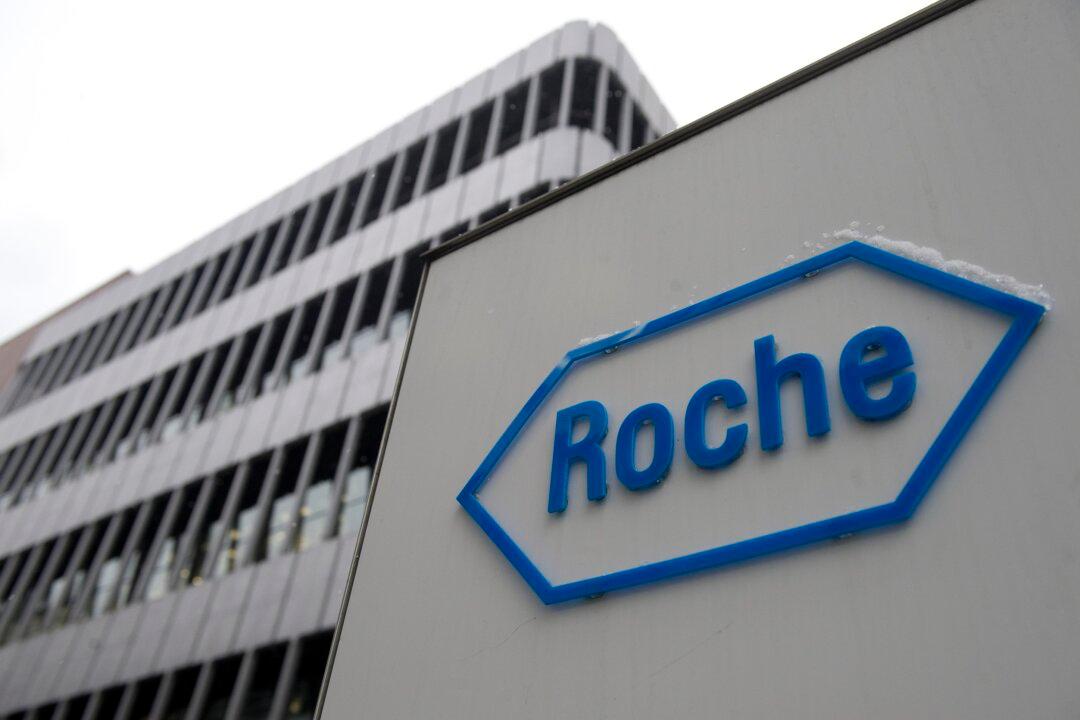A pill developed by two drugmakers failed to help COVID-19 patients with mild or moderate symptoms, one of the companies announced Tuesday.
Atea Pharmaceuticals and Roche tested their experimental treatment in a Phase 2 trial in outpatient settings, or non-hospitalized patients.






